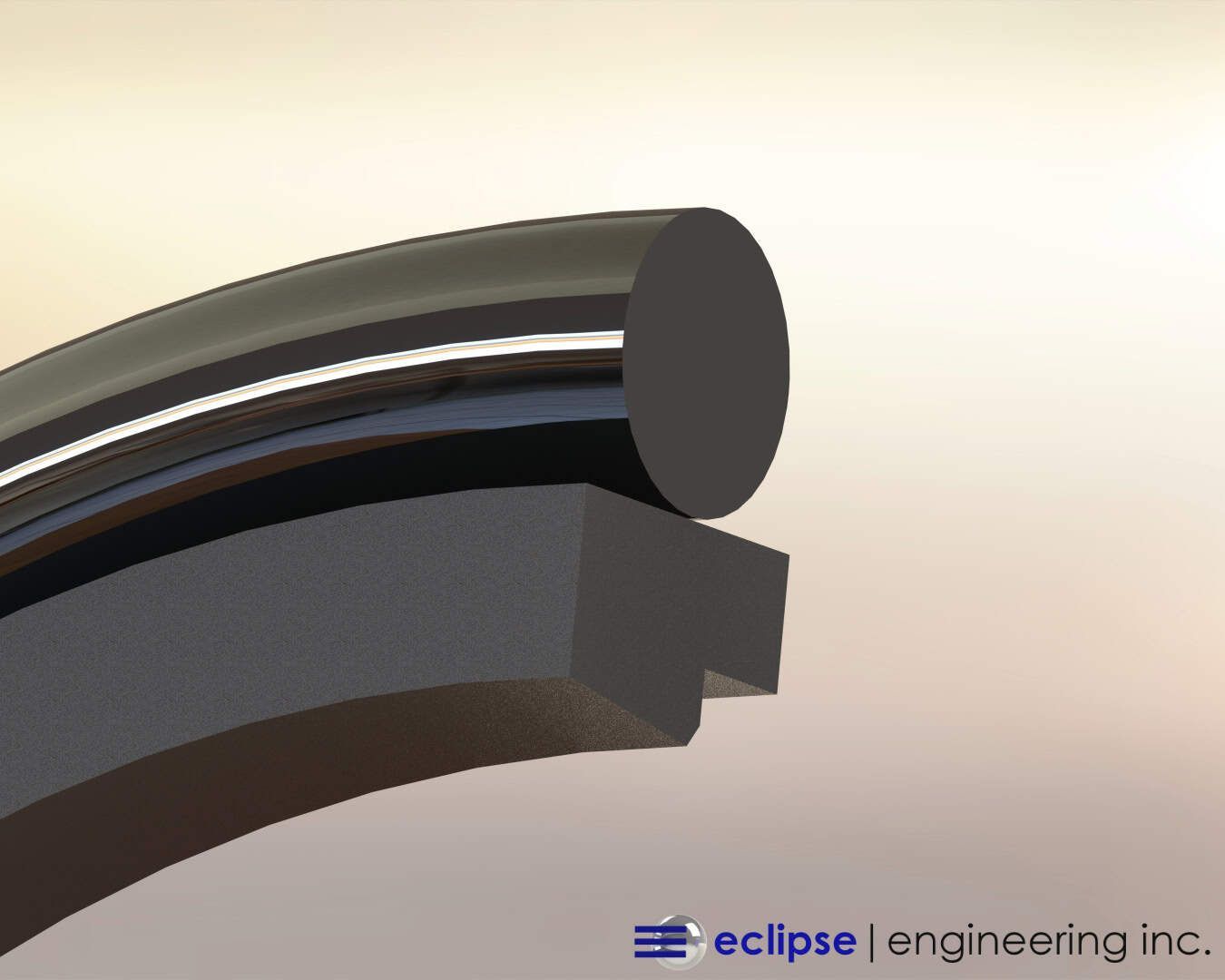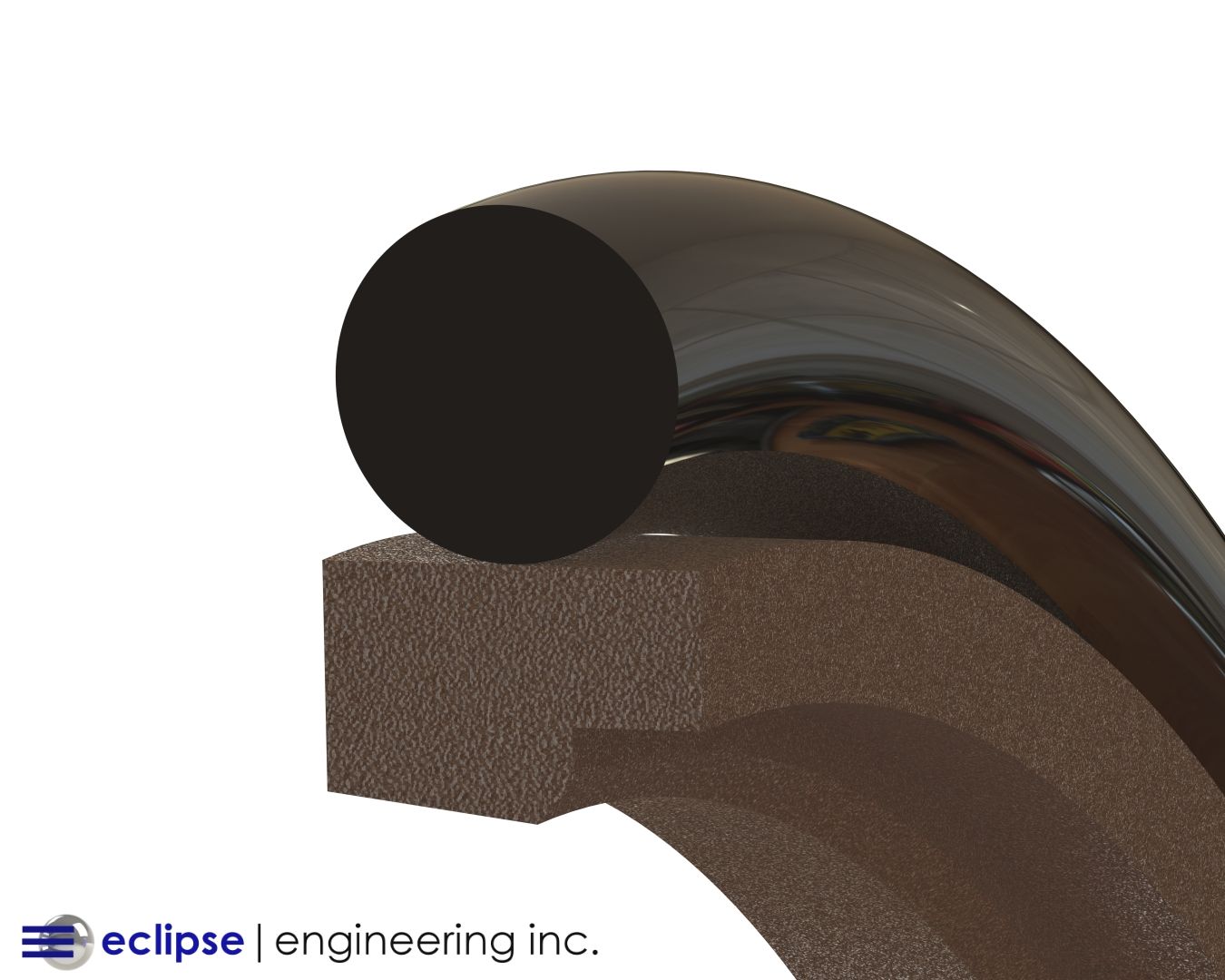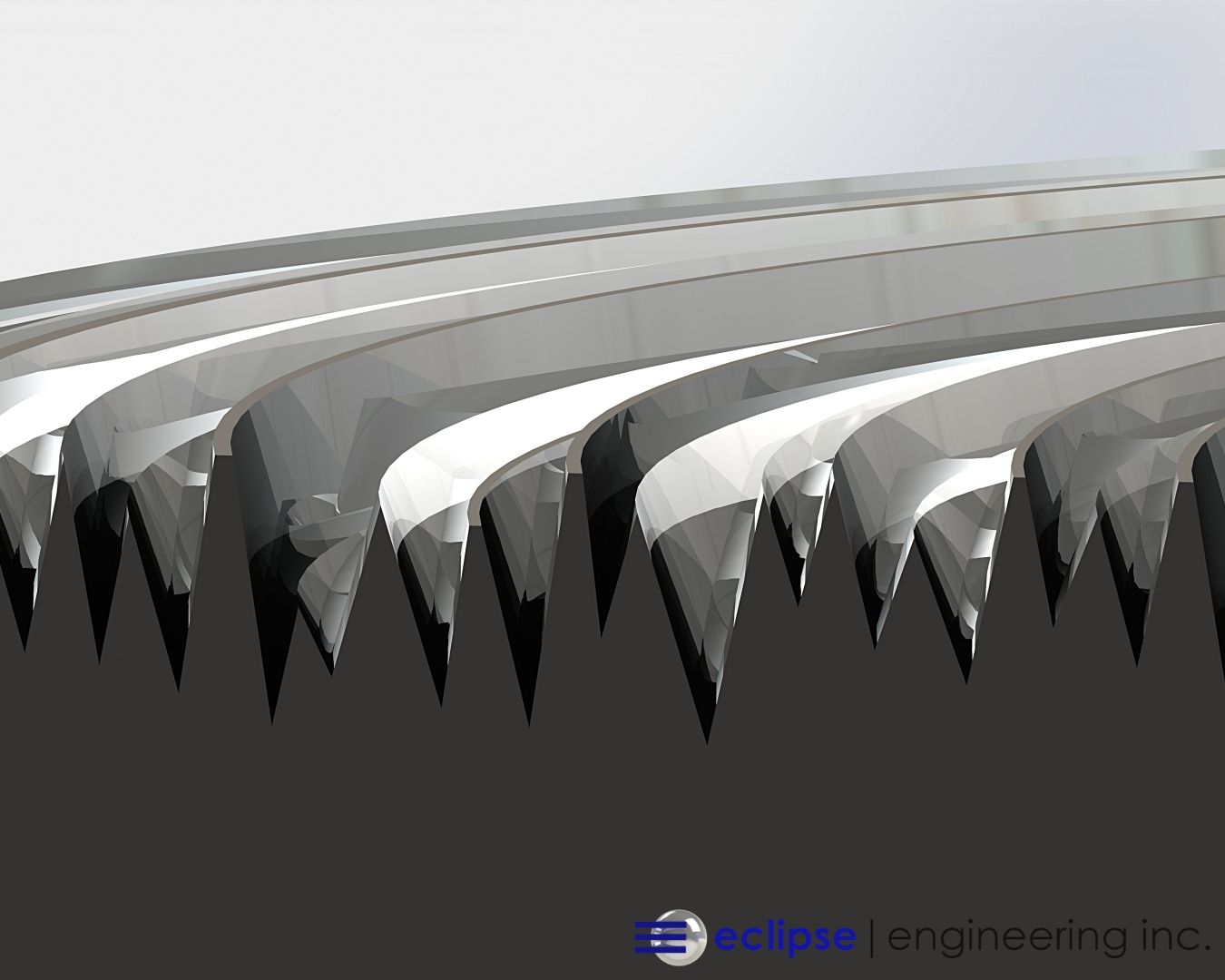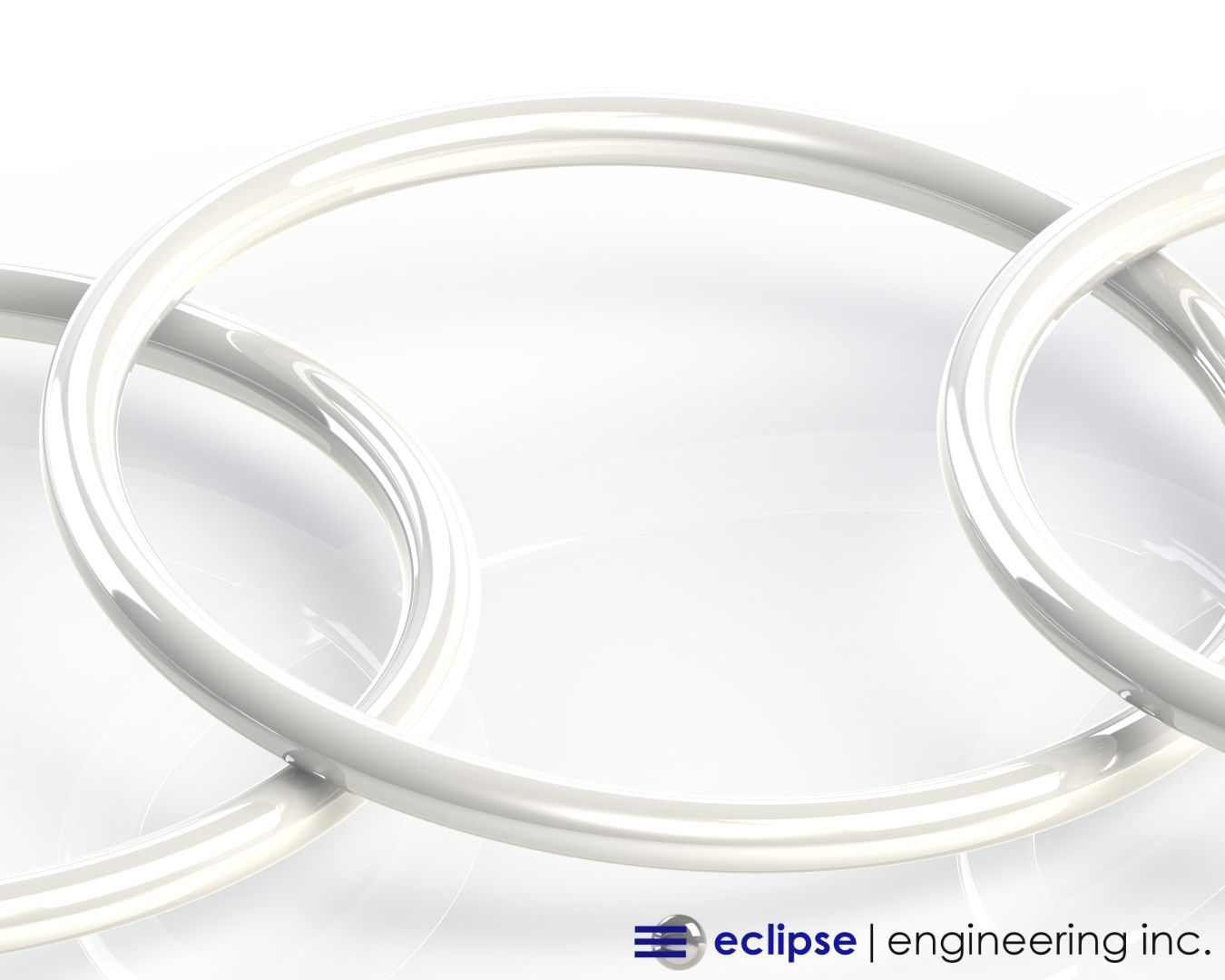Understanding How to Apply AMS3678 Specifications for Highest Quality PTFE
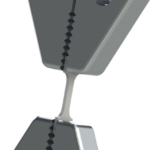
AMS3678 is a standard maintained by SAE International. What makes this standard so important is that it applies directly to the seal and machined bearings industry.
AMS3678 details standard physical requirements for virgin PTFE. But this standard also dictates requirements for 15 other blends of PTFE that are commonly used to manufacture seal, wear ring and back-up ring components.
How is AMS3678 Applied?
The specifications laid out in AMS3678 are meant to be applied to PTFE shapes that are manufactured by machining from molded stock. This makes it a particularly useful quality control tool for components in the sealing industry.
While seal designers have always been able to specify key features, industry standards for PTFE and PTFE compounds were lacking in scope. These standards also weren’t broadly accepted in the manufacturing industry.
Certain MIL, AS and ASTM specifications have traditionally been applied to seals. But these specifications were only applicable to virgin PTFE, and often contained requirements that weren’t essential to the functionality of seals, wear rings and back-up rings.
Why is AMS3678 Important?
AMS3678 dictates what the minimum physicals requirements are for tensile strength and elongation, as well as a specified range for specific gravity. Additionally, a separate test is performed to determine that molded material is dimensionally stable.
This combination of requirements fully defines the product needed to ensure that consistent performing components can be manufactured.
This methodology is applied to all 16 PTFE resins listed in the specification, which gives the designer great flexibility and confidence when choosing a material.
Since the AMS3678 process is set up to match physical test reports with specific material batches, the added benefit of material traceability is intrinsic with the manufacture of the specified material.
As regulatory agencies demand more transparency, this can be an extremely useful specification to ensure you’re maintaining proper documentation.
Make the Right Choice with Eclipse
Whether you’re required to follow AMS3678 protocol or have decided it’s the best choice for your business, Eclipse can provide the best quality product for your next project.
We work closely with SAE International, as well as base resin manufacturers to stay current with the latest specification revisions.
When you choose Eclipse, you get the benefits of our AS9100 quality system, along with verified AMS3678 processes.
Specifying material per AMS3678 streamlines the approval processes between the engineering, purchasing and quality control departments. Just specify the specific compound you need for your project, and Eclipse will manufacture and certify the seal.
A full list of these materials can be found on www.sae.org , but we highly encourage you to contact one of our engineers to discuss specific application requirements to make sure the best material is chosen for your specific project. Contact us today to get started >

